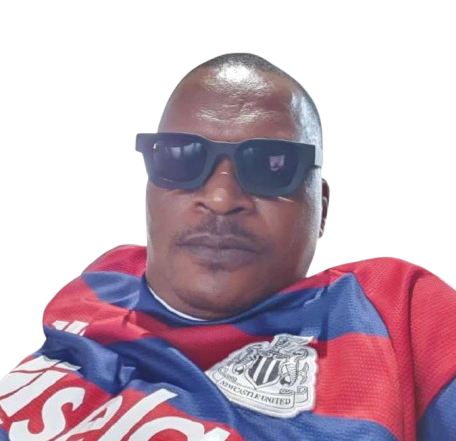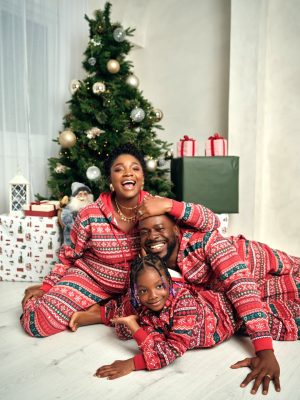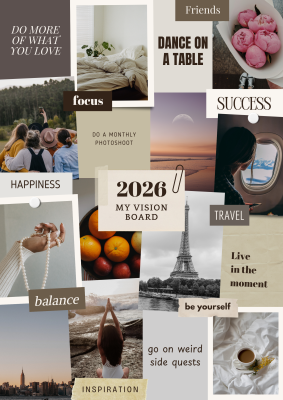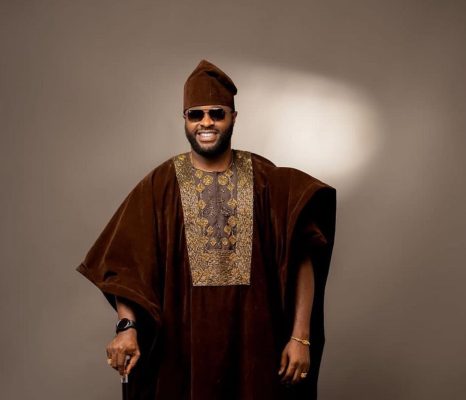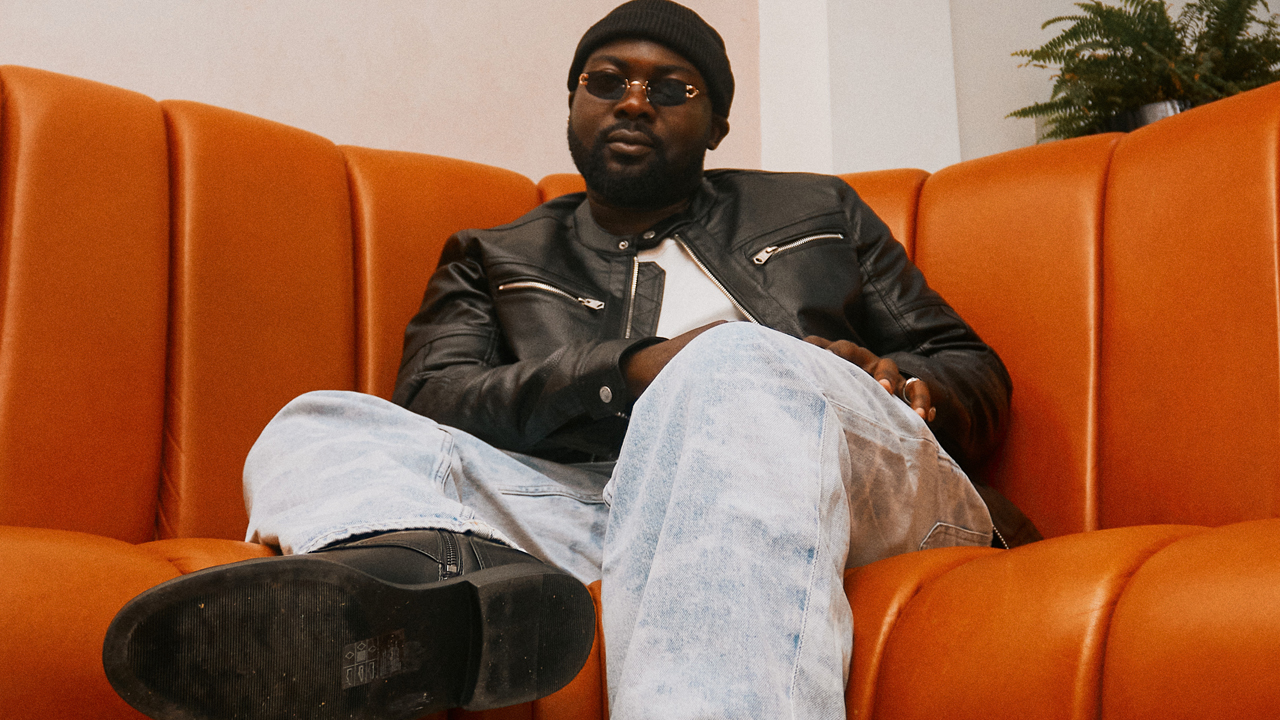
Around 2014, a cult of musicians sprang up within Nigeria’s musicscape, with a bohemian approach to their art that ushered the Afrobeats movement into a globally competitive era. Their sounds were unorthodox, and their visual branding as artsy as their minds could carry. Rhythm was really the dancer for them, as they sprang up with radical fusions of the core Afrobeats’ staples RnB, Pop, Hip Hop, Soul, as well as other globally expanding sounds like House, Electronic music, and so much more. Their style of music was popularised as alternative or ‘alte’, following a song by Odunsi dubbed Alte Cruise. Their mission was to express, without censorship or the wing-clipping realities of contemporary pop music. And they succeeded.
Six years later, singers like Tay Iwar, Tems, among others are appearing on globally smashing records like Wizkid’s Made In Lagos, among others. It’s now open season for all free-spirited creatives, who can defy genre limitations to create different fusion-focused tracks. And it’s evident, from the music of Asake, that fusion is the new original. And alternative music did play its role in influencing that shift.
One of the key pioneers of that sound is the Abuja-based maestro known as Sute Iwar, who is also the elder brother of Tay Iwar and a part of their Bantu collective. As a solo act, Sute Iwar is principally revered for his masterful fusion of Hip Hop, Soul and RnB music. Apart from being one of the very few who can meld both rap bars and RnB verses on a song, the young musician is also one of the very few artistes who really hit it off during the Soundcloud era – a period prior to the emergence of the streaming giants Apple, Spotify, and the like – which really exposed Nigerian singers to a universal audience.
Singers like the Iwar brothers, Lady Donli, Odunsi, Santi, among others, penetrated this non-profit music-sharing platform, giving a solid catalyst to other mavericks at home to refine their sounds.
[ad]
On today’s Guardian Music, we catch up with the Benue indigene Sute Iwar, who just stepped out with his sixth studio project dubbed, Ultralight, a sonic buffet that encapsulates his signature fusion sounds while giving a deeper foray into his perspectives on life, love, and human interaction. We step into his ‘alternative’ world, taking a peek into life as an independent and alternative act; his journey to becoming an African Drake, as well as his life mission to keep making classics.
Congratulations on the new project. How does it feel for you?
I feel good actually. The album is one that I have been working on for years. So, I feel really great. The reception has been really cool.
You release music consistently. How frequent do you intend to drop projects?
I am always working on new music. I’m, maybe, addicted. It’s like my work and hobby at the same time. I have a bunch of projects because being an independent artiste in Nigeria works differently. And my community of artists in Abuja were releasing music on our own terms for a while to get noticed, and that is exactly how it happened. With the number of people releasing music everyday, you have to be Beyonce before you can just hoard music. Nobody is waiting for you.
Have you been independent by choice?
I am in a label situation, in a way. I have a licence deal. However, within the scene I came up in – some people call it the alte music scene – we started on Soundcloud when I started. We weren’t really being scouted by labels because it is not the usual pop sound. It is still not the typical sound, but it is taking over. It was not really like a choice; we were all thinking about getting our music out there. Now, it is becoming a mainstream thing. The past three years has been one of us changing the game and that is interesting to see.
When exactly did you start making music?
Well, I think since Secondary school. However, I dropped my first mixtape in 2014. I was still very young then. I have always been doing music. Even in secondary school, I had released music. In 2014, I dropped Jeli. It got me a lot of attention. MI Abaga invited me to his studio after hearing that project. I started sitting with established Nigerian artistes who really felt the music. Jeli was that project. It was one of the first big SoundCloud projects.
[ad]
Was there any profit from releasing on Soundcloud?
No! The way the industry was then, it was not. It was not even clear to me how to make money from music, besides performing at shows. For us, it was just that we had to get this music out somehow. The whole generation of me, my brother, Tay Iwar, Lady Donli and the others like Odunsi and Santi that were also releasing on Soundcloud. We were just trying to get our music heard by any means necessary. With time, we started figuring out how to blend with the mainstream sides to the industry. We just wanted our music to be heard. There was no money.
Now, you are making more money as a niche artiste.
What is interesting is that it is not really a niche at all. This is global music now. I had a show in London on Friday. You cannot really do venues there if you are just a niche artiste. We have international audiences.
You can have a real career based on this income. It is not just even in Naira. It is definitely not niche anymore; it started off as niche but now it’s spread to every part of the world where there are music lovers. I have Asians who even listen to my music.
Where do you get most of your song plays?
Most of them are from Nigeria, the US, the UK, France, as well. We are also huge in the US.
Do you have a tag for the kind of music you do?
It is Afro fusion, because I am doing more than one genre. There is RnB there. There is also Hip Hop there. In the end, I am Nigerian and that identity also resonates in the music. My music is rooted in me being a modern African.
What were the sounds that influenced your sonic direction?
For me, I grew up on Jazz and Soul music. My dad heavily listened to those genres. I have always enjoyed listening to artistes who can do multiple things and do it on a great level. There are artistes like Drake, Lauryn Hill, Childish Gambino, Anderson Paak, who can actually rap and sing. Those are the types of artistes that actually inspire me. Besides everything else – because I listen widely – I think I am singing and rapping on a high level and it has not been done at this level before.
[ad]
What does your name Sute Iwar typically mean?
It is a Tiv name. I am from Benue State. It means Praise God. It sounds French, and I think that is why the French people really love me. The spelling is a bit anglicised, but it is a Tiv name.
So, who started music first between you and Tay Iwar?
Well, I started first for sure as far as recording goes. I am his older brother. I was putting him on game, because I started recording in Secondary school. We are from a music home. We are all like music school guys playing piano and other instruments early. I started recording first and then we started doing it together and here we are.
Ultralight is an interesting body of work. Talk to us about your creative process, especially with regard to collaborations?.
It is really organic. I produce most of my stuff and sometimes I already can hear in my head, which can fit on a song. I reach out to them. A lot of these songs came about from me being in the studio with these guys and just having an organic music making session. I think that is why it really works. Everyone on the album really liked the songs. It was nothing forced. My process is very organic. The artiste has to like the song. Usually, I produce and sing.
Your messages feel very intimate, especially about life and love. Tell us about some of the songs that felt really personal on this record.?
It is a really personal album. The song Meditate was very personal, because I get to talk about the practice that I feel is very important to centering myself in a fast-paced world. On Earth Angel is really personal too, because I really got to say things that I never thought I could say on a record.
[ad]
What part of your artistry do you think is your biggest strength?
I have a great ear for good music that is going to last forever. So, regardless of what I am doing on a song, it is going to be something that I know that would sound fresh in the next 10 years. That is something I really lean towards. People try to box things in, but sometimes, if you are trying to stay in a box right now you would not sound attractive to anyone in three years. I like the fact that I can make musical choices on my record that can last a lifetime.
How do you actually know how to balance both singing and rapping on a song?
It is all about you just letting the music tell you what to do. The music always has to come first and tell you what it wants. Sometimes, you don’t need a hard 16 bar verse; you need something that is softer. I really keep myself open to what the music is saying it needs at that point. In the end, my work is making a good song. A good song writes itself, because the music is telling you what it needs if you really listen and have good taste.
On Space Cowboy, there is really singing but you have an eight-bar verse in between. At that point, I felt the song needed to speed up a bit. Usually, I use my singing when I want to create a dream world. It is like a fantasy world I am creating with melody. When I want to be more direct and face reality, then I rap. That’s usually the balance.
Looking at the industry now, do you think you can work with more mainstream acts?
Yeah, for sure. I am working on some right now. World is on my album and he is pretty mainstream. Fitting into that world is definitely a goal, and it is already fitting into this record. Meditate is also an Afro record and it is doing really good. It fits into that world. I don’t feel separated from it at all. The single I had before the album is a song with Killertunes dubbed, Run To Me. Killertunes is one of the people who shaped the modern Afrobeats sound. I feel like there would be more and more collaborations with these guys.
So, what is next for Sute Iwar?
More and more shows. I am trying to be in front of my fans performing. I am touring the album later in the year. I want to take the music everywhere in the world. I want to do shows in Abuja, Lagos, and everywhere in the world. For us who started our music in Abuja, it is really important to keep putting on Abuja artistes.
Is there anyone you are putting on in particular right now?
On the album, there is Efe Oraka. People already know her. There is a guy Rae who produced The Pleasure Principle. The guy is a producer-artiste and there is really something there. I don’t need to shoutout Odumodu, Psycho YP, and the rest of these guys. They are doing pretty well. Those are guys I am locked in with, and I am glad to see them do everything they are doing. But on the album, Rae was there and he has a very futuristic Afro sound. He is next up.
[ad]

